The Most Reliable Parental Control App
FamiSafe lets parents control screen time, track real-time location and detect inappropriate content on kids' devices.
We all crave perfect sleep, don't we? And all of us despise that zombie-like feeling that follows a night of tossing and turning. But sleep deprivation has many more effects like memory issues, mood changes, lack of concentration, etc. All of this affects students the most. And effects of sleep deprivation on students are the worst. Do you know that teens need 7-9 hours of rest, but 57.8% of middle schoolers and 72.7% of high schoolers in America do not get the required amount of sleep? Indeed this number is alarmingly high!
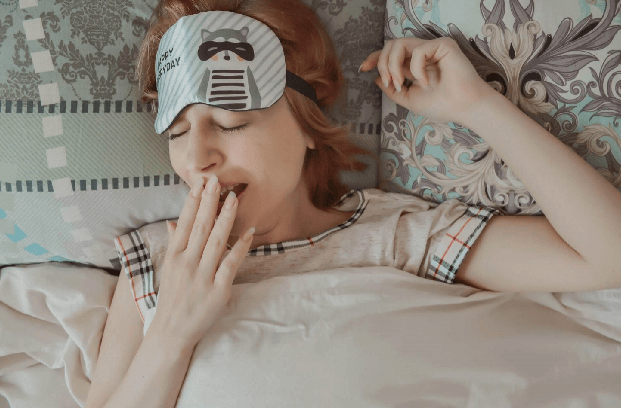
Thus here is everything you need to know about sleep deprivation and a handful of practical tips to help you combat it!
What Are Some Sleep Deprivation Symptoms?
Sleep deprivation symptoms are easily noticeable. You know when you feel tired or sleepy. But you might feel so exhausted that you fall asleep during the day for a few seconds. These small 'naps' are called Microsleeps and can be dangerous while driving.
There are many other sleep deprivation symptoms like,
- Slowed thinking
- A reduced attention span
- Poor or risky decision-making
- Lack of energy
- Worsened memory
- Mood changes
- Feelings of anxiety, stress, and irritability
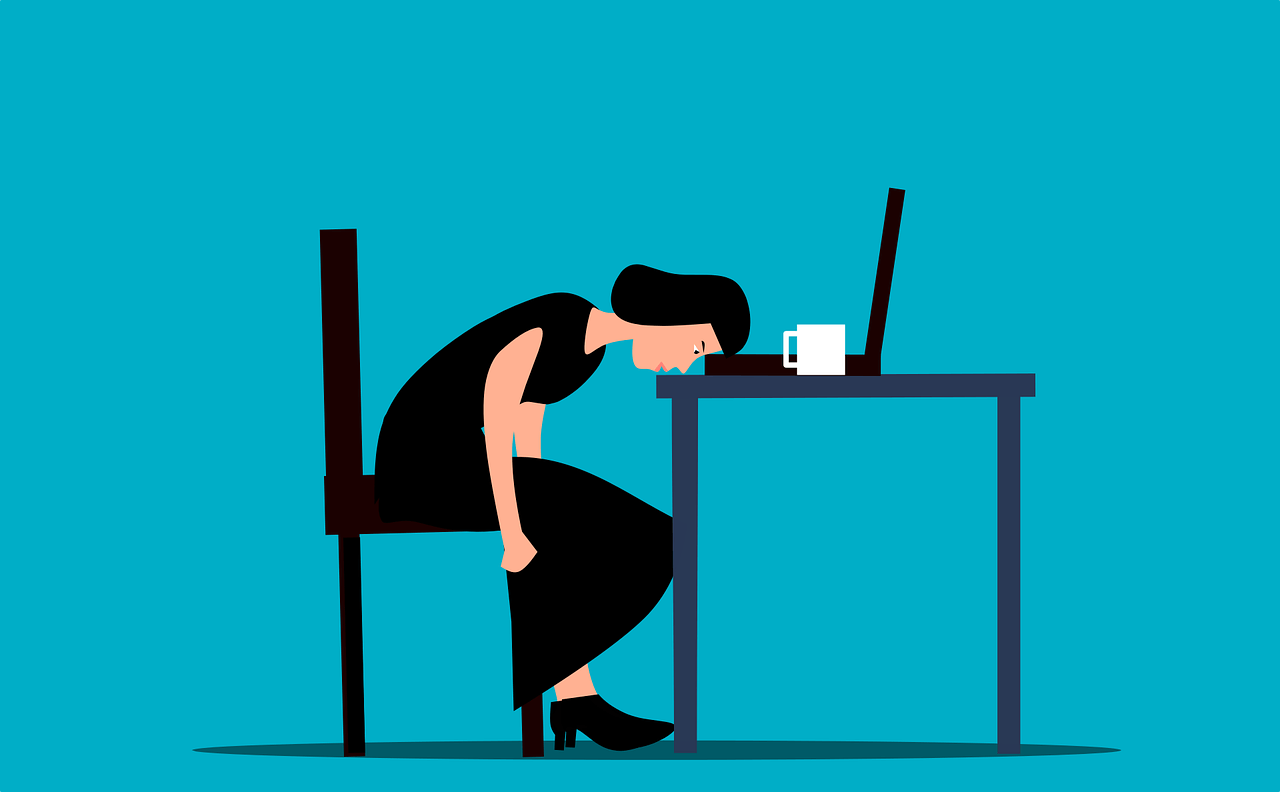
Additionally, research shows that the ferocity of these sleep deprivation symptoms also depends on genetics. While some might be quite a lot affected by these symptoms, others may not feel them that much. Moreover, stimulants like Caffeine also play a role in how severe these symptoms will be. For instance, you know how strong coffee can ward off drowsiness for some people.
What Causes Sleep Deprivation?
In simple words, sleep deprivation is caused by a lack of sleep or a decrease in sleep quality. But several factors can cause these two conditions. Like,
- You are staying awake to binge-watch a web series. This is directly causing you to stay awake longer.
- You work on the night shift, and it is tough for you to maintain a sleeping pattern and get enough rest.
- You have targets and need to meet deadlines. Again, you find it hard to get enough rest.
- Your sleeping environment is noisy, or the temperature is not correct. Say you live near a busy road and you can hear all the traffic noises in the bedroom. Indeed, this is not a very good idea.
- Many of us use our phones and tablets at night. Again, this is not a very good idea. You should give yourself rest before going off to sleep. Sitting with family can be a much better activity.
- Medical issues like depression, chronic pain, or sleep apnea can also reduce the quality of your sleep.
- Say any family member is sick and you have to care for them during the night. This is also a big reason for sleep deprivation.
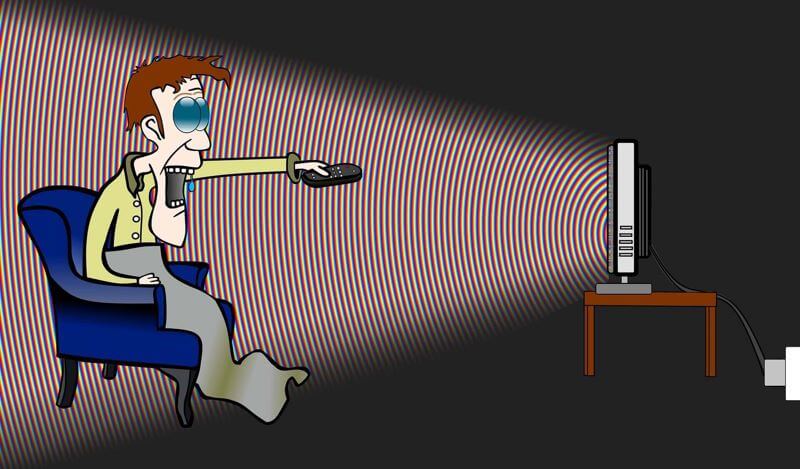
All these health, work, and lifestyle issues cause sleep deprivation and have their consequences. Let's get to know the effects of sleep deprivation on students!
Effects Of Sleep Deprivation On Students
Sleep deprivation affects the whole body. Here is a list of body functions that are affected by lack of rest.
#1: Digestive System
We all, especially teenagers, fret over being overweight or obese. And no matter how much you diet or exercise, it does not seem to work because the real reason could be sleep deprivation.
The quality and quantity of your sleep regulate the release of two hormones- leptin and ghrelin. These hormones are responsible for feelings of hunger and fullness.
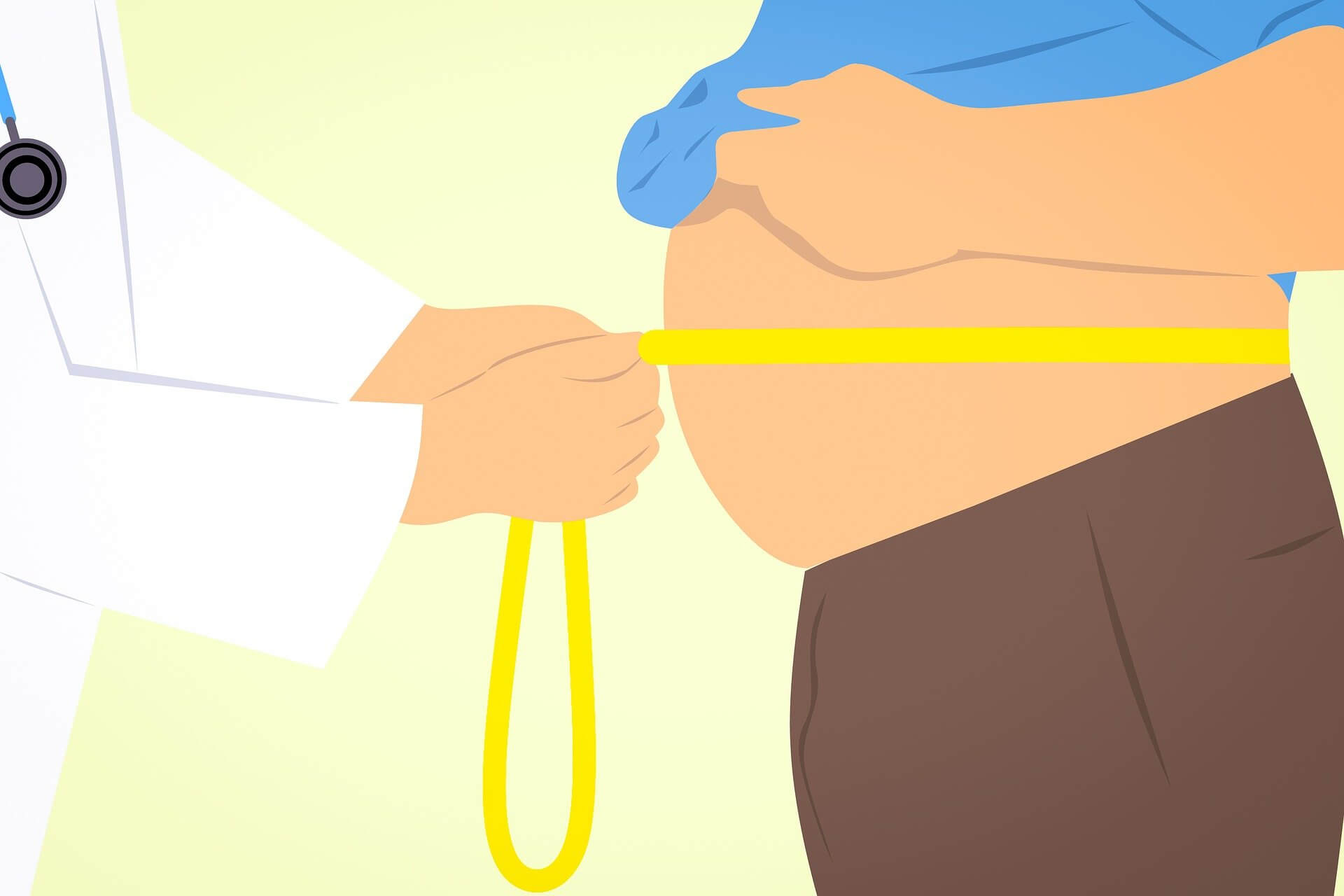
Leptin makes you feel full. When sleep-deprived, your body secretes less leptin and more ghrelin, which signals that you need to eat more. In simpler words, you do not feel complete once you have eaten Rather, you feel like eating more later in the night.
This explains why binge eating is a perfect partner of nighttime binge-watching.
#2: Central Nervous System
It is one of the most critical parts of our body, and a chronic lack of rest can cause havoc over it.
We know that our brain is still active while we sleep, but do you know that one of its primary functions is to forge new pathways between neurons that help us remember any new stuff we have learned. Lack of sleep exhausts the brain, and you may find remembering things difficult.
Not only memory, but it also impairs your concentration. And your body signals might get delayed. This is especially dangerous for people who drive quite often.
Your brain is also responsible for your mood and feelings. And yes, lack of rest disturbs you emotionally as well. It might make you feel impatient and more prone to mood swings.
But what if we do not sleep properly for a long time? Chronic sleep deprivation can cause mental disorders like hallucinations, anxiety, paranoia, suicidal thoughts, impulsive behavior, etc.
The list does not seem to end. Though last but not least, you might also encounter episodes of microsleep. These are a few seconds when you doze off, and you would never know! And as you can understand, it can be hazardous if you are driving.
#3: Immune System
Your body does a lot of work while you are sleeping peacefully. It manufactures antibodies and cytokines that help fight bacteria and viruses.
Without adequate rest, your body might not produce them optimally and be unable to fight infections. And it might take longer to recover from infections.
#4: Respiratory System
It is a vicious circle when it comes to sleep deprivation and respiratory diseases.
How?
We know that lack of sleep results in decreased immunity. A sleep-deprived person is more prone to catching a common cold or flu.
And respiratory diseases like Obstructive Sleep Apnea (OSA) disrupts your sleep. This is how it goes both ways; sometimes respiratory diseases cause sleep deprivation, and other times, sleep deprivation causes respiratory diseases.
#5: Cardiovascular System
Nowadays, we often hear that somebody close has blood pressure or diabetes issues in their early 20s. This was not always the case. These are the effects of sleep deprivation on students.
Our body needs good sleep to keep our blood vessels and heart healthy. These body parts also include blood pressure, blood sugar, and inflammation levels, thus explaining students' high diabetes and BP issues.
What Are Some Tips For Adequate Sleep?
#1: Prefer Naps Over Coffee
Taking power naps is indeed a powerful way to catch up on sleeping requirements. Research shows that taking a 20-minute nap is much more effective than having coffee. But remember, 20 minutes are pretty enough. Anything more than that might throw off your nighttime sleeping patterns and make you feel groggy.
#2: Limit your screen time
Looking at screens just before going to bed is a significant sleep disrupter—the lights coming from your screen act as stimulants and disrupt your sleeping patterns. And not only light, the content you give to your brain just before it's trying to put you to rest, is also a stimulant.
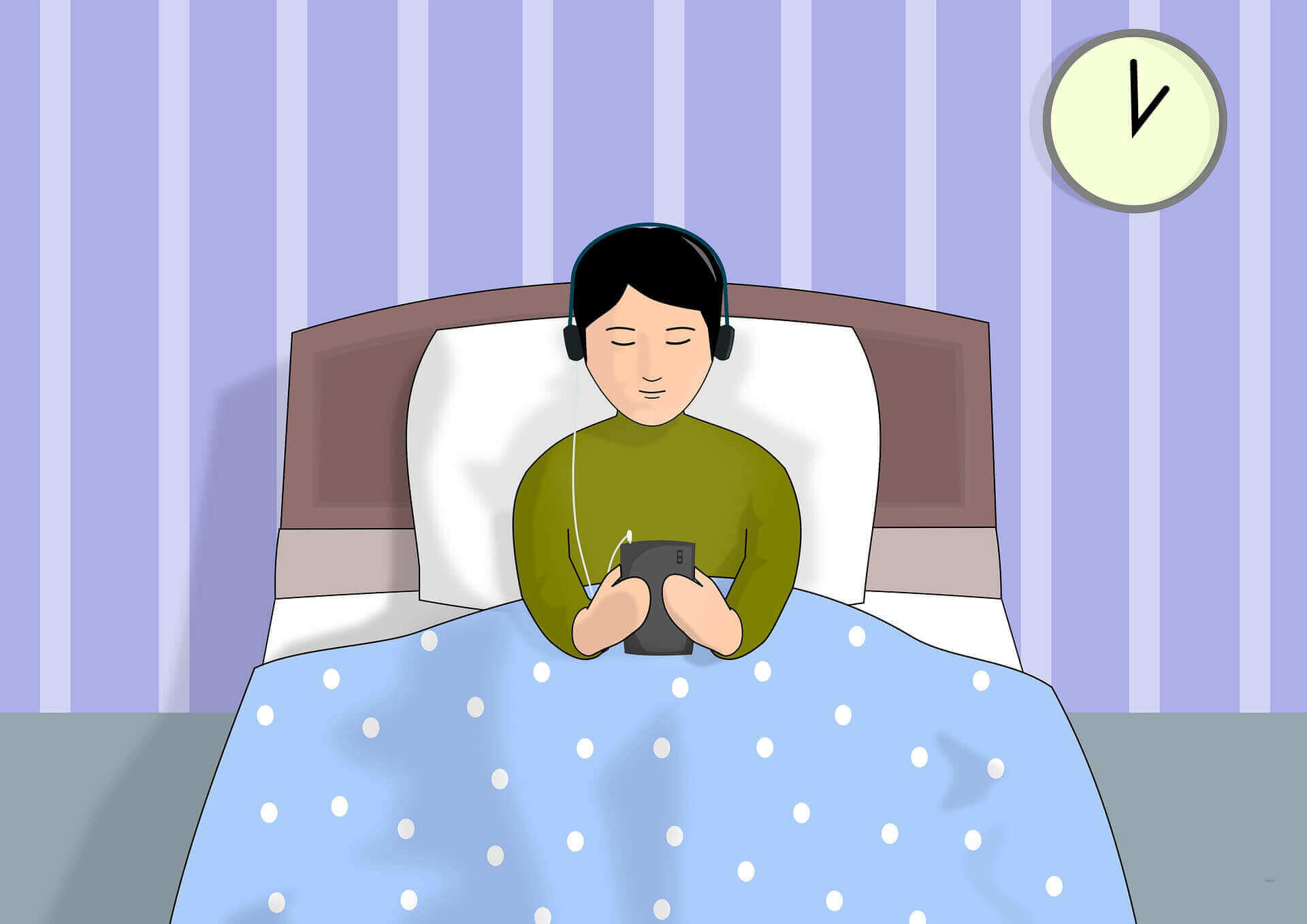
Thus, it is always good to put your screens away at least 30 minutes before bedtime. Rather indulge yourself in activities like reading, watching TV, taking vitamins, drinking warm milk, taking a shower or a bath, etc.
These ease your way towards a good night's sleep!
#3: Set And Stick To A Sleep Schedule
Set a time when you would go to sleep or wake up. And stick to it. This will align your activities with your internal clock, and you would automatically feel like going to bed at a specific time.
Though difficult, following discipline can change a lot in your life.
#4: Encourage A Pre-Bedtime Routine
Even simple pre-bedtime routines like wearing a sleep mask and lying for 20 minutes in your bed can do wonders. Activities listed above, like watching TV or reading for even 20 minutes, can make all the difference.
It programs your mind to trigger sleepiness in you when you follow a routine for some time!
How Can FamiSafe Help?
FamiSafe is an easy-to-use yet very effective parental control app. It has so many features that can help you as a parent to check what content your kid is consuming on their phones or other devices.
Some of its features that can help you regulate your kids sleeping patterns are:
- Get all the details of their screen time remotely! You can see reports of which app they used, for how long they used it, etc.
- In case you find out that your kid uses the phone too much before bed. Then FamiSafe allows you can set a schedule to block certain apps during a specific time. This will run as a schedule. For example, your kid's Facebook will get blocked just before bedtime.
- You can also get a notification when your kid tries to open that blocked app. Just in case you would want to know.
- You can also blockage inappropriate apps.
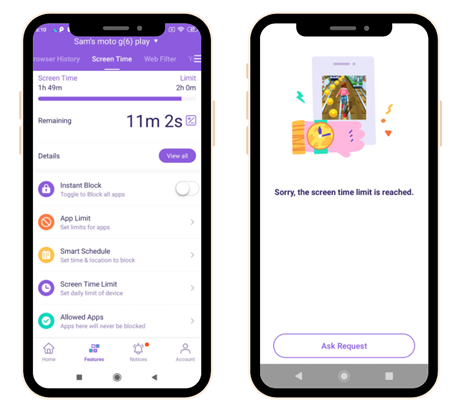
Furthermore, there are several settings that you can use to customize the above features. FamiSafe is tailored to allow restrictions without choking your kid. At FamiSafe, we try to promote healthy screen time and productive device usage.
We hope you found the above content helpful. And if there is something you want to say, please leave your thoughts in the comments section. We would love to hear from you, and we reply ASAP!

Wondershare Famisafe - The Most Reliable Parental Control App
5,481,435 people have signed up.
Location Tracking & Geo-fencing
App Blocker & Web Filtering
Screen Time Control
Smart Parental Control Setting
Block In-app Purchase
